Negotiators and conversationalists adapt to each other’s needs, reflecting mutual consideration (if they desire a successful outcome). Negotiation is a conversation, and the manner of engagement varies by person. Our involvement changes the context. It is easy to focus on the person in front of us and their age, nationality, or language. A person’s sex is the most basic of our classifications. But using that approach is deceptive.
Getting That Dream Job: Relationship Cements Negotiation
We negotiate to get somewhere and want to finish sooner rather than later. Job offers are no exception. Joining a social enterprise like a company may seem daunting; a David vs. Goliath journey. Yet, negotiations are between people, not things. Our visible and routine interpersonal skills pave the course.
Completing the Circle: Negotiations between European Settlers and Indigenous Peoples
Over the past 500 years, native peoples experienced the global expansion of European nations. British decedents used treaties with native peoples to settle the land in the U.S. and New Zealand. However, those two countries ultimately developed different relationships between their colonizing and indigenous peoples. Differences in negotiations before 1815 in the U.S. and 1872 in New Zealand influenced this outcome, particularly how each adapted to change.
Surprising Reactions: Learning from Negotiation Mishaps
Disorienting Maneuvers: Negotiations Reflect Individual Perceptions
Culture is our system for understanding information, and negotiations advance by detecting the signs of different perspectives. However, many of these are hidden from view, surfacing only in our movements and tone. Complicating the picture, people usually react innately, driven by subconscious processes out of their immediate control.






